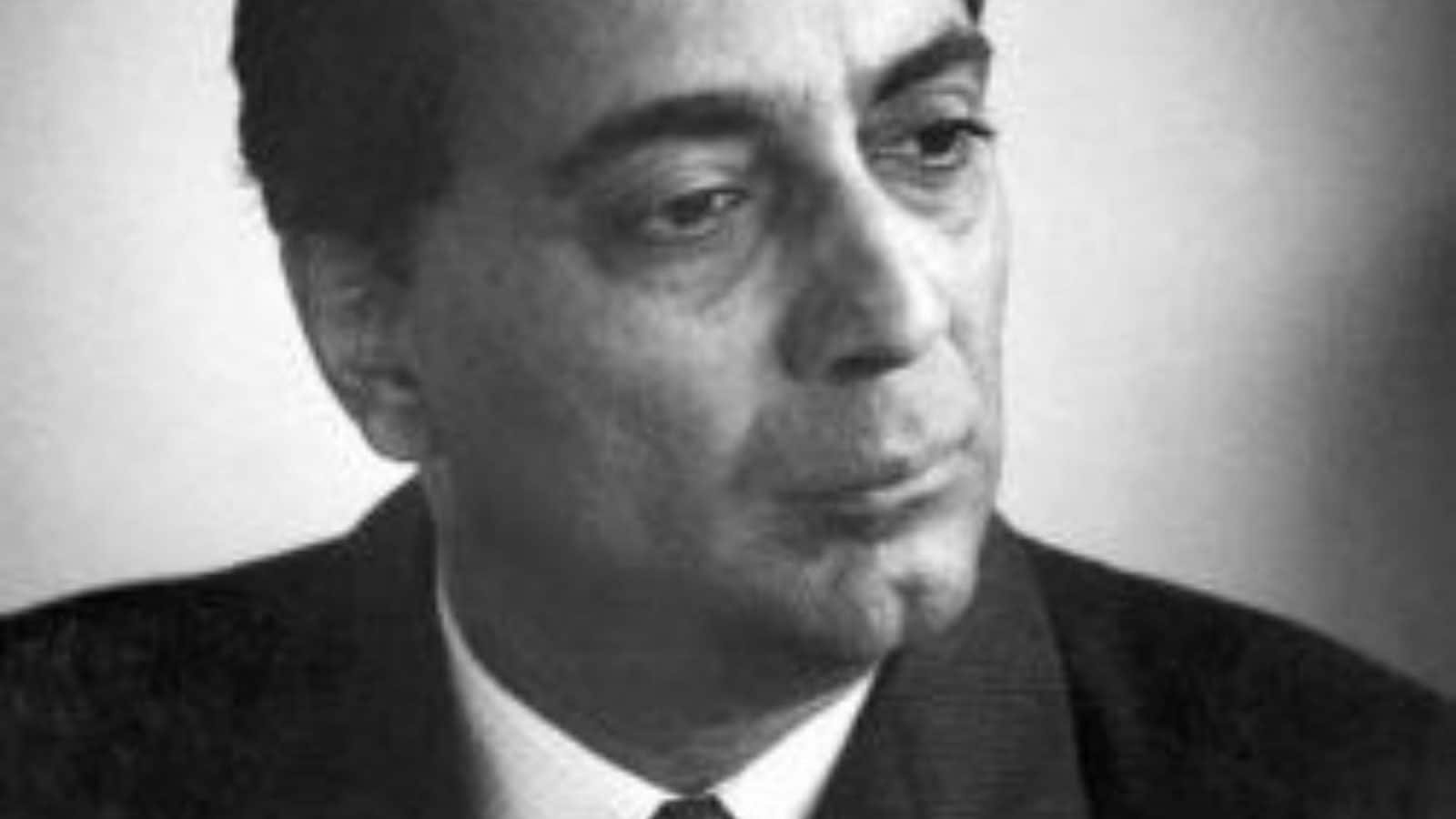Homi Bhabha’s Birth Anniversary: Lesser-known Facts About the Father of India’s Nuclear Programme
Homi Jehangir Bhabha, popularly known as the Father of Atomic Energy in India, is celebrated today. Bhabha was in India for just a vacation but the start of World War II forced him to stay back in the country. At that time, he was a student of nuclear physics in the UK. At Jawaharlal Nehru’s request, Bhabha served as the director of the nuclear programme and was instrumental to start India’s nuclear programme. He was the founding director of Tata Institute of Fundamental Research (TIFR) and Bhabha Atomic Research Centre (BARC).
On Bhabha’s birth anniversary, here are things you may not know about the visionary scientist:
Bhabha, being a painter himself, was very fascinated by arts and culture. Classical music and opera greatly interested him.
Bhabha had worked with known physicist Niels Bohr and played an important role in developing The Quantum Theory. Bhabha is credited with identifying the Meson Particle, a subject of significant mystery at the time.
Bhabha was elected as the chairman of the first United Nations Conference in 1955 on the Peaceful Uses of Atomic Energy.
Bhabha had discouraged the use of nuclear power for the production of weapons and nuclear armament. He advocated the use of atomic energy to eliminate poverty.
Bhabha had researched with Germany-based physicist Walter Heitler to develop the Cascade Theory, which helped him better understand cosmic radiation.
Bhabha had completed his graduation in mechanical engineering
Bhabha was honoured with the Adams Prize, a Padma Bhushan, and Fellow of the Royal Society for his discoveries in the nuclear program.
Bhabha had earned the title of ‘Father of Indian Nuclear Programme’ for his contribution and dedication to India’s nuclear program.
Read all the Latest News, Breaking News and Coronavirus News here. Follow us on Facebook, Twitter and Telegram.
For all the latest lifestyle News Click Here

